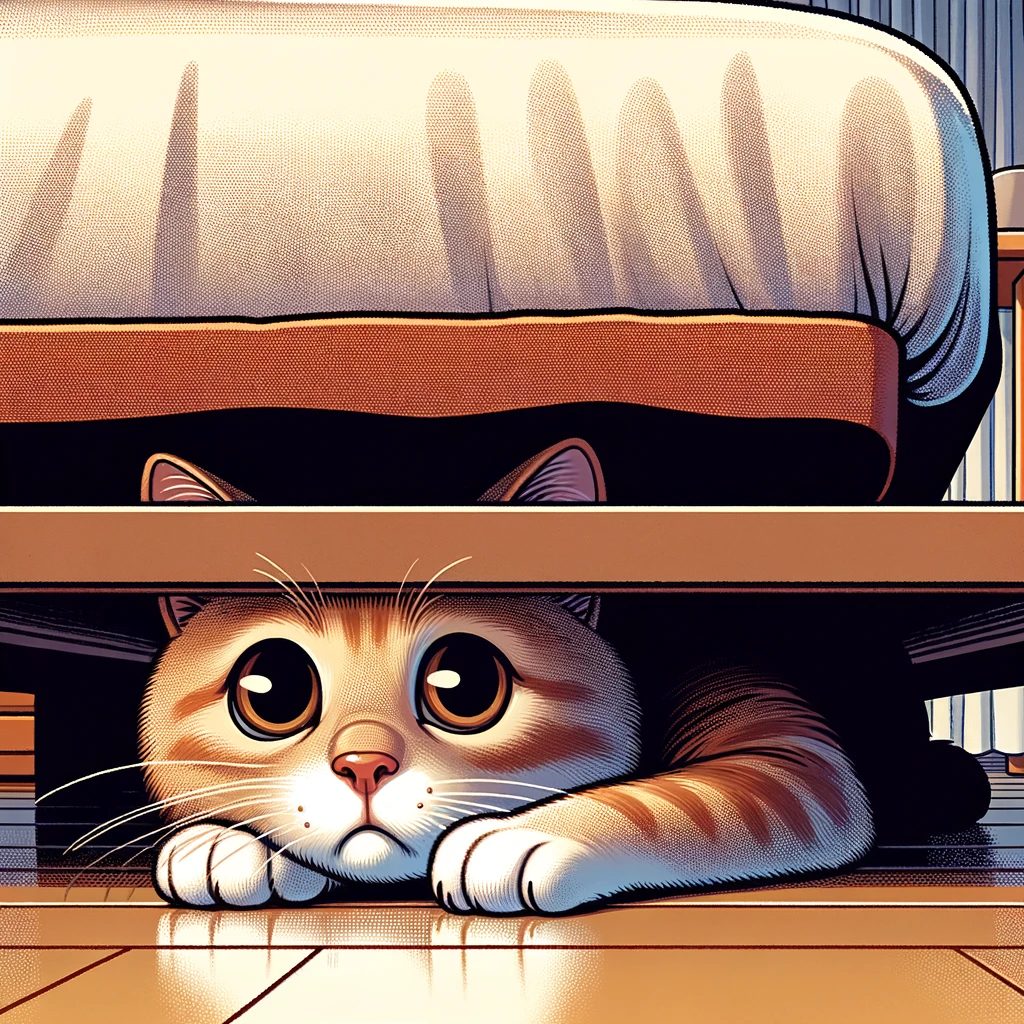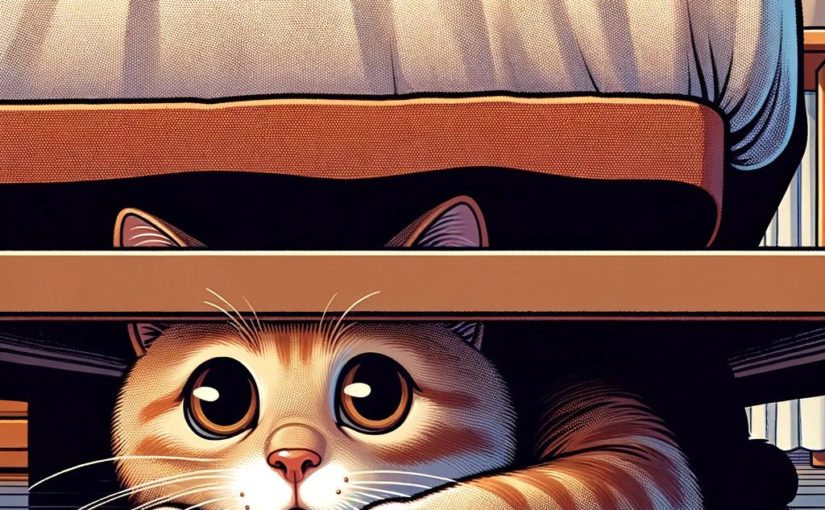
Creating a calming and reassuring environment for a scared or anxious cat is essential for their well-being. Cats, by nature, are sensitive creatures, and their anxiety can stem from various factors, including changes in their environment, past traumas, or even their innate temperament. In this comprehensive guide, we’ll explore effective strategies to soothe a scared or anxious cat, ensuring they feel safe and loved in your home.
Understanding Cat Anxiety
First, it’s important to understand what causes anxiety in cats. Cats can be anxious due to:
- Environmental changes: Moving to a new house, changes in the family dynamic, or even rearranging furniture can unsettle a cat.
- Negative experiences: Traumatic events, such as accidents or rough handling, can have lasting effects.
- Lack of socialization: Cats who aren’t properly socialized as kittens may be more prone to anxiety.
- Health issues: Sometimes, anxiety can be a symptom of an underlying health problem.
Signs of Anxiety in Cats
Recognizing anxiety in cats is crucial. Look out for:
- Hiding or avoiding contact
- Excessive vocalization
- Aggression
- Over-grooming or other repetitive behaviors
- Changes in eating or bathroom habits
Soothing Techniques
- Create a Safe Space: Provide a quiet, cozy area where your cat can retreat. This could be a room, a cat bed, or even a box in a quiet corner. The key is to make this space accessible and comforting.
- Consistent Routine: Cats thrive on routine. Feeding, playtime, and cuddling should happen around the same time each day to provide a sense of security.
- Interactive Play: Engage your cat in play using toys that stimulate their natural hunting instincts. This not only distracts them from their anxiety but also provides exercise and mental stimulation.
- Calming Products: Consider using pheromone diffusers or sprays, which mimic the natural pheromones cats produce, creating a sense of familiarity and security. Calming collars or supplements can also be beneficial.
- Gentle Handling: Approach your cat calmly and speak softly. Let them come to you, and avoid sudden movements that might startle them.
- Environmental Enrichment: Providing scratching posts, window perches, and interactive toys can help keep your cat occupied and reduce anxiety.
- Veterinary Consultation: If your cat’s anxiety is severe or persists, consult a veterinarian. They can rule out any underlying health issues and may recommend behavioral therapy or medication.
- Music and Sounds: Soft music, white noise, or even cat-specific calming sounds can provide a soothing background for anxious cats.
Conclusion
Every cat is unique, and what soothes one cat might not work for another. Patience and observation are key. By understanding your cat’s specific needs and responding with love and care, you can create a haven of peace and comfort for your feline friend.
Remember, while these tips can significantly help a scared or anxious cat, it’s always wise to consult with a veterinarian or a cat behaviorist for personalized advice, especially in cases of severe anxiety.
For further reading, I recommend visiting:
- The American Society for the Prevention of Cruelty to Animals (ASPCA) website for insights into cat behavior.
- The International Cat Care website for expert advice on cat care and welfare.
- The Cornell Feline Health Center [website](https://www.vet.cornell.edu/departments-centers-and-institutes/cornell-f





